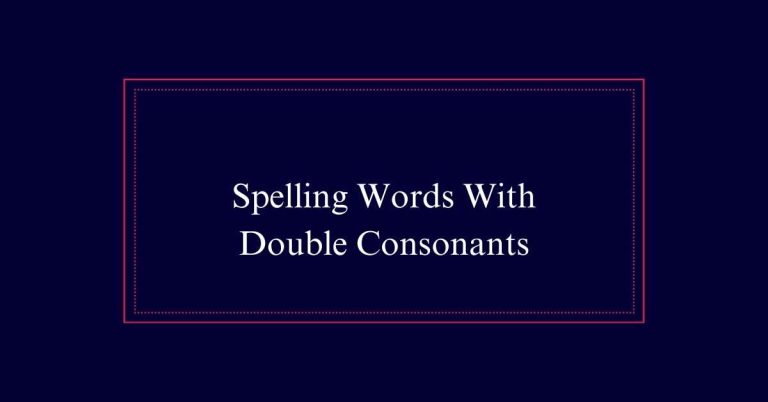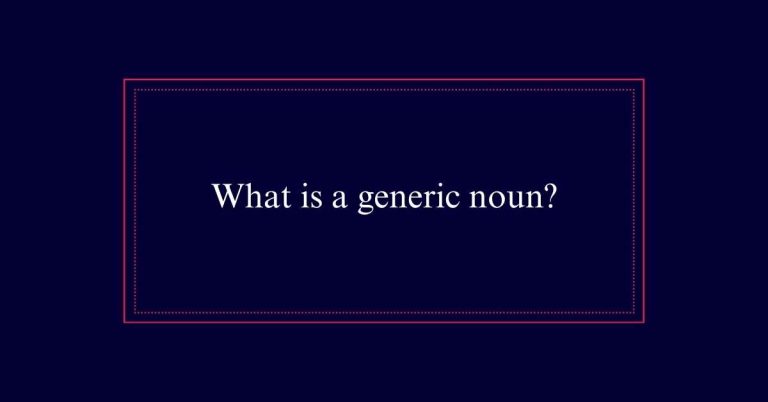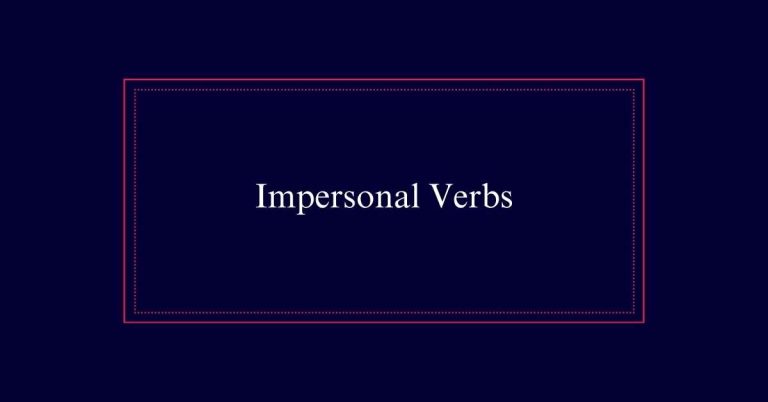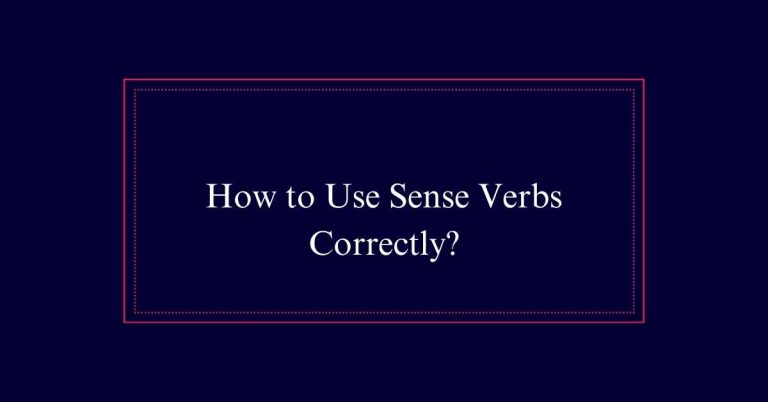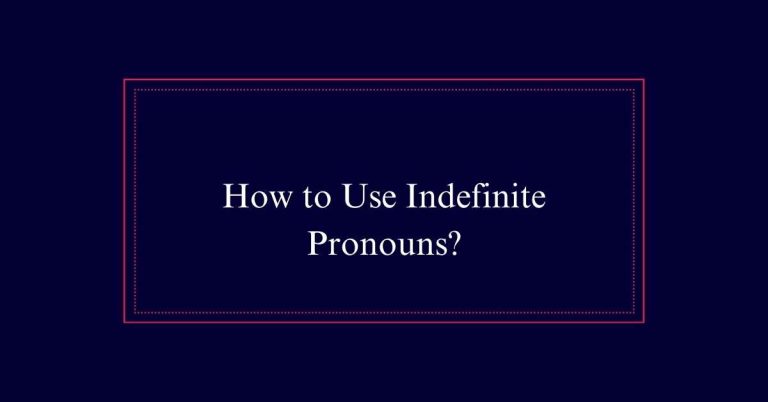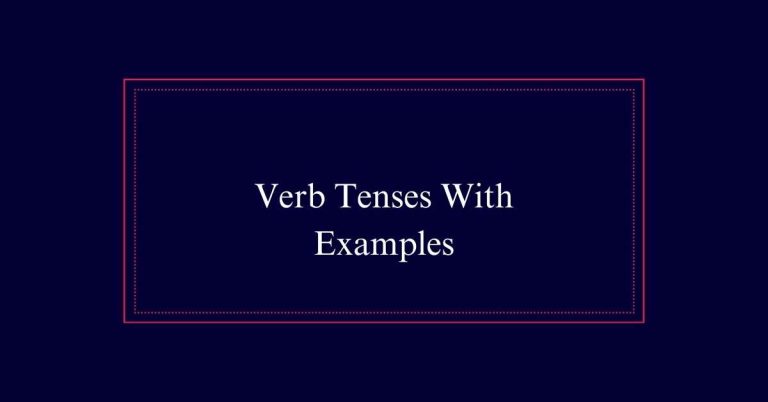What Is a Predicate?
A predicate is the part of a sentence that explains the action or state of the subject, always containing at least one verb. There are three main types: simple predicates, which involve only the main verb and any auxiliary verbs; complete predicates, which include the verb plus all modifiers; and compound predicates, which feature multiple actions or states related to the same subject.
Predicates may also contain predicate adjectives, which describe the subject, or predicate nominatives, which rename it.
Understanding Predicates
Understanding predicates is essential for mastering English sentence structure. A predicate describes the action or state of the subject in a sentence. It always includes at least one verb.
For example, in ‘The cat sleeps,’ ‘sleeps’ is the predicate. There are different types of predicates. A simple predicate contains the main verb and any auxiliary verbs, like ‘has eaten.’ A complete predicate includes the simple predicate and all words describing the action, such as ‘has eaten the food quickly.’
A compound predicate has two or more verbs sharing the same subject, like ‘runs and jumps.’
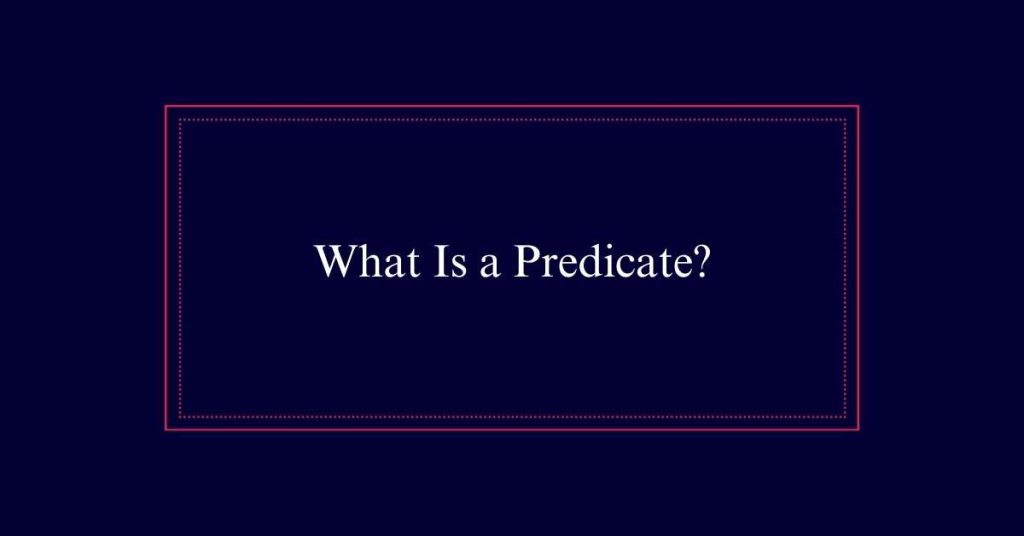
Importance in Sentence Structure
The predicate plays an essential role in sentence structure by defining the action or state of the subject. It completes the meaning of the subject, making the sentence whole and understandable. Without a predicate, a sentence cannot convey a complete thought.
Here are key points highlighting its importance:
- Defines Action: Indicates what the subject does or experiences.
- Completes Meaning: Guarantees the sentence conveys a full idea.
- Links Subject and Action: Connects the subject to its action or state.
- Supports Clarity: Provides necessary details for clear communication.
- Enables Variety: Allows complex sentences with multiple actions or states.
Simple Predicates
A simple predicate includes only the main verb and any auxiliary verbs. It is the most straightforward form of a predicate.
The primary function of the simple predicate is to express the action or state of being of the subject.
For example, in the sentence ‘She can sing,’ ‘can sing’ is the simple predicate. It tells us what the subject (she) is capable of doing.
Similarly, in ‘They are running,’ ‘are running’ serves as the simple predicate, indicating the action performed by the subject (they).
Complete Predicates
Incorporating both the simple predicate and its descriptive elements, a complete predicate provides a fuller picture of the action or state in a sentence. It includes the main verb and all accompanying words that modify and complement the verb. This creates a more detailed and vivid description of the action.
A complete predicate may consist of:
- Adverbs: Words that modify the verb.
- Objects: Nouns or pronouns receiving the action.
- Prepositional Phrases: Phrases that provide additional context.
- Adjective Phrases: Phrases that describe the object.
- Complementary Elements: Words that complete the meaning.
For example, in the sentence ‘The cat sat on the mat,’ ‘sat on the mat’ is the complete predicate, providing more context than just the verb ‘sat.’
Compound Predicates
How do compound predicates enhance sentence structure and clarity?
Compound predicates streamline sentences by combining multiple actions performed by the same subject. This reduces redundancy and creates a more fluid narrative.
For example, in the sentence ‘She washed the dishes and cleaned the kitchen,’ both actions share the subject ‘She.’ Instead of writing two separate sentences, a compound predicate links the verbs ‘washed’ and ‘cleaned’ efficiently.
Predicate Adjectives
Predicate adjectives add depth by describing the subject through adjectives linked by verbs like ‘is’ or ‘seems.’ These adjectives provide more information about the subject, enhancing the sentence’s meaning.
For example, in the sentence ‘The sky is blue,’ ‘blue’ is a predicate adjective that describes ‘the sky.’
Linking Verbs: Predicate adjectives are introduced by linking verbs such as ‘is,’ ‘seems,’ ‘becomes.’
Subject Description: They offer a description or quality of the subject.
Essential Role: They are essential for the sentence to convey a complete thought.
Position: Predicate adjectives follow the subject and linking verb.
Complex Sentences: They can be part of more complex sentences and clauses.
Predicate Nominatives
Just as predicate adjectives provide more detail about the subject, predicate nominatives also play a key role by renaming or redefining the subject through nouns or noun phrases.
Predicate nominatives follow linking verbs, such as ‘is,’ ‘are,’ ‘was,’ and ‘were.’ They provide essential information about the subject, often completing the meaning of the sentence.
For example, in the sentence ‘She is a teacher,’ the noun ‘teacher’ is a predicate nominative that renames the subject ‘She.’ This structure helps to clarify the identity or role of the subject.
Placement in Sentences
In a sentence, the placement of the predicate typically follows the subject. This structure is fundamental in English grammar, providing clarity and coherence. The predicate conveys the action or state of the subject and usually begins with a verb.
Declarative sentences: The predicate follows the subject. For example, ‘The cat sleeps.’
Interrogative sentences: The predicate can precede the subject, as in ‘Is the cat sleeping?’
Imperative sentences: The subject is often implied, and the predicate starts the sentence, e.g., ‘Close the door.’
Inverted sentences: The predicate may come first for emphasis or stylistic reasons, such as ‘There goes the bus.’
Complex structures: In sentences with introductory elements, the predicate follows after the subject, like ‘After the rain stopped, the sun appeared.’
Multiple Clauses
When a sentence contains multiple clauses, each clause must have its own subject and predicate. This is because every clause operates as a mini-sentence within the larger sentence, necessitating complete elements to convey a full thought.
For example, in the sentence ‘She finished her homework, and then she watched TV,’ there are two independent clauses. ‘She finished her homework’ and ‘she watched TV’ each have their own subject and predicate.
Clauses can be independent, standing alone as sentences, or dependent, needing an independent clause to complete their meaning. Understanding this structure helps in constructing clear, grammatically correct sentences.
Predicate Examples
Often, understanding predicates becomes clearer through practical examples. Consider the sentence, ‘The cat sleeps on the mat.’ Here, ‘sleeps on the mat’ is the complete predicate, while ‘sleeps’ is the simple predicate. Let’s explore more examples:
- ‘The teacher explained the lesson.’
- Simple predicate: ‘explained’
- Complete predicate: ‘explained the lesson’
- ‘She will arrive tomorrow.’
- Simple predicate: ‘will arrive’
- Complete predicate: ‘will arrive tomorrow’
- ‘Tom and Jerry ran and hid.’
- Compound predicate: ‘ran and hid’
- ‘The cake smells delicious.’
- Predicate adjective: ‘smells delicious’

